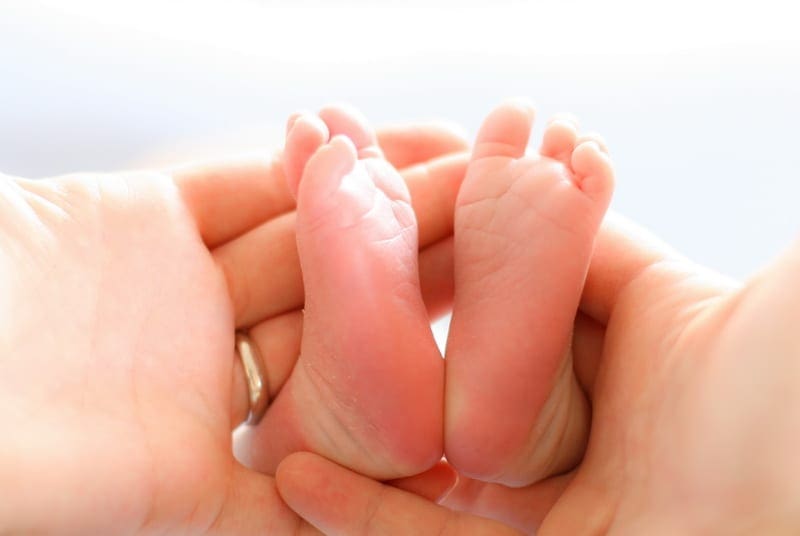If you’re eating a normal, healthy diet, you likely won’t need to make many changes when you become pregnant. With only a few exceptions, the majority of additional nutrition needs during pregnancy can be met through consuming a well-rounded and diverse diet.
Include protein in your diet every day to stay healthy and fit. Good sources of protein include meat, fish, cheese, eggs, and tofu. If possible, choose free-range or organic options to get the most benefits. Don’t forget that you can also get protein from vegetables like beans, lentils, and quinoa!
A good mix of complex carbohydrates should be a staple in any diet as they provide long-lasting energy sources for the body – think wholegrains such as wholewheat bread and pasta, brown rice, oats, rye, spelt, barley corn, quinoa and buckwheat. But don’t skimp on the more refined carbs found in cereal, breads and pasta either as they can help to give you an immediate energy boost when you need it most. Just be sure to choose savory options to avoid loading up on too much sugar!
Eat at least five to six portions of fruit and vegetables every day. Go for a ‘rainbow’ of fruit and vegetables with many different colors. Try to eat a good variety of dark green, leafy vegetables, root vegetables, and plenty of fruit.
Make sure you’re getting enough calcium in your diet by including dairy products, green leafy vegetables, small fish with bones, tofu, beans, nuts and seeds.
Eat two servings of folic acid-rich foods per day during the first trimester of pregnancy. Good sources of folic acid include leafy greens, potatoes, chickpeas, wholegrains, sweetcorn, broccoli and soya milk.
Make sure you’re staying hydrated by drinking six to eight medium glasses of filtered or mineral water every day.
The digestive system in pregnant women becomes more efficient at absorbing certain nutrients. You won’t need to boost your calorie intake until the third trimester, and then only by around 300 extra calories a day.
Pregnancy is a time when many women worry about their weight, and with good reason. Research has shown that carrying too much weight during pregnancy can lead to serious health complications for both mother and child. But it’s important to remember that you don’t need to eat twice as much food just because you’re pregnant! In fact, following a calorie-controlled diet during pregnancy can help reduce the risk of complications. So don’t stress about your weight gain too much – just focus on eating healthy and staying active, and you’ll be sure to have a healthy pregnancy.
Pregnant women’s digestive systems change and become more efficient at absorbing certain nutrients. You won’t need to boost your calorie intake until the third trimester, and then only by around 300 extra calories a day. Research has shown that following a calorie-controlled diet and reducing the amount of weight gain during pregnancy can help reduce the risk of complications. Excessive weight gain can cause serious health problems.
Alexandra McCabe is the founder of FittaMamma, the go-to pregnancy resource for everything related to working out, eating right, and staying healthy during pregnancy. With free workout videos, recipes, and step-by-step yoga guides, FittaMamma has everything you need to know about staying active and eating healthy during pregnancy. Check out this article for McCabe’s top tips on what to eat when you’re pregnant and how to enjoy a healthy prenatal diet.











